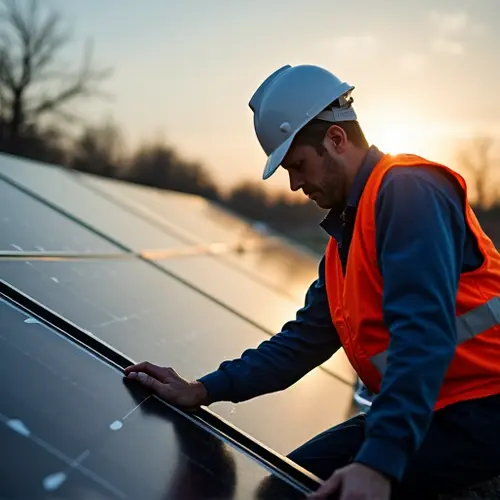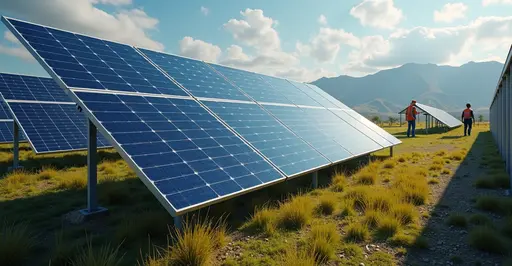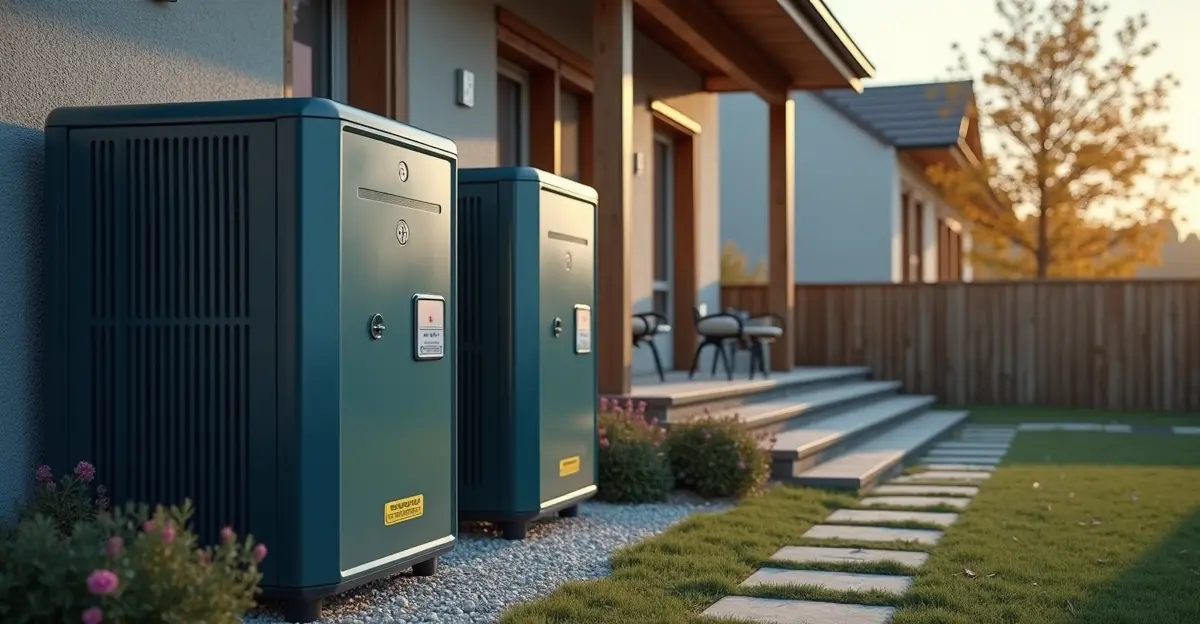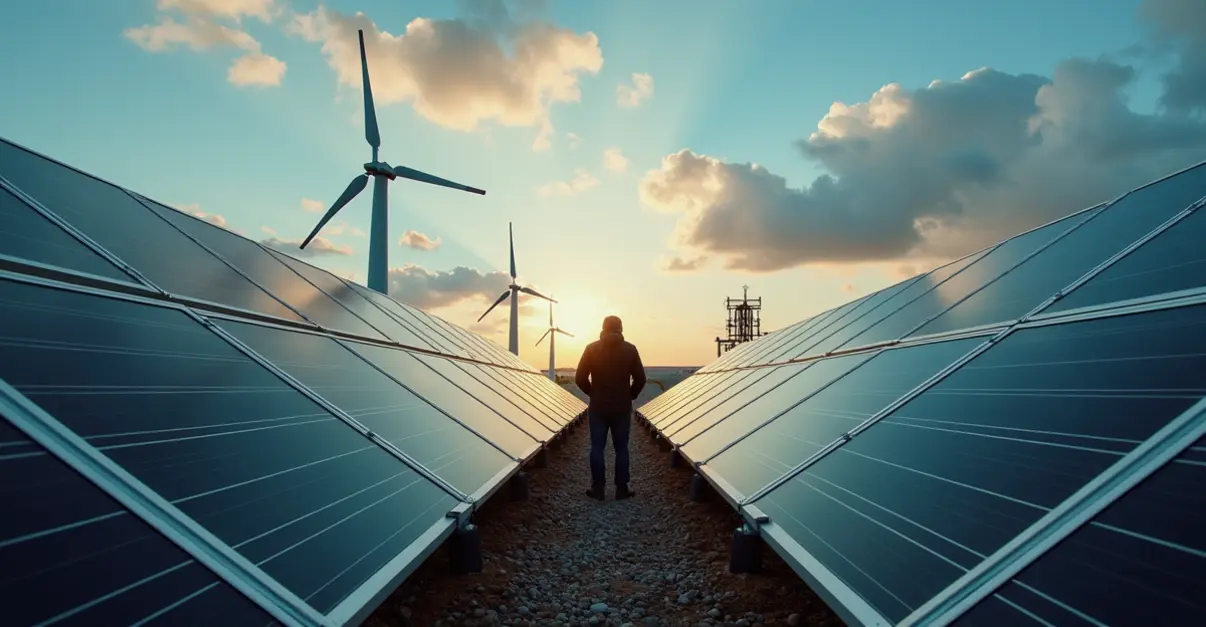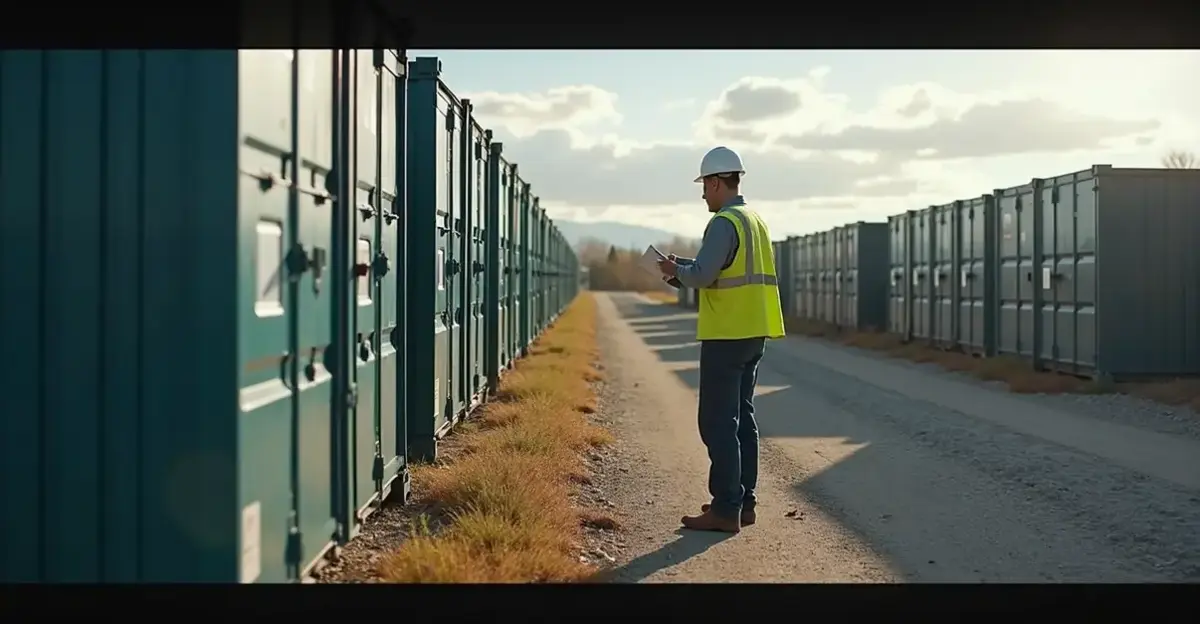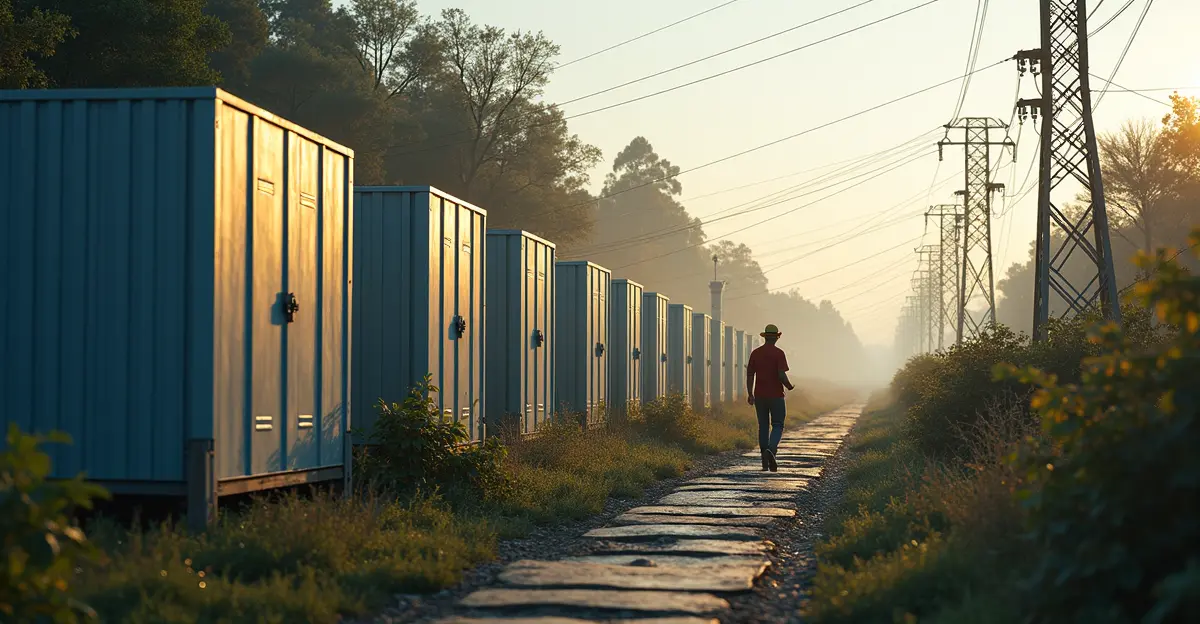A startup launches affordable home energy storage system with 40% cost reduction, leveraging tax credits and building certified installer network to overcome adoption barriers in the rapidly growing $15B residential storage market.
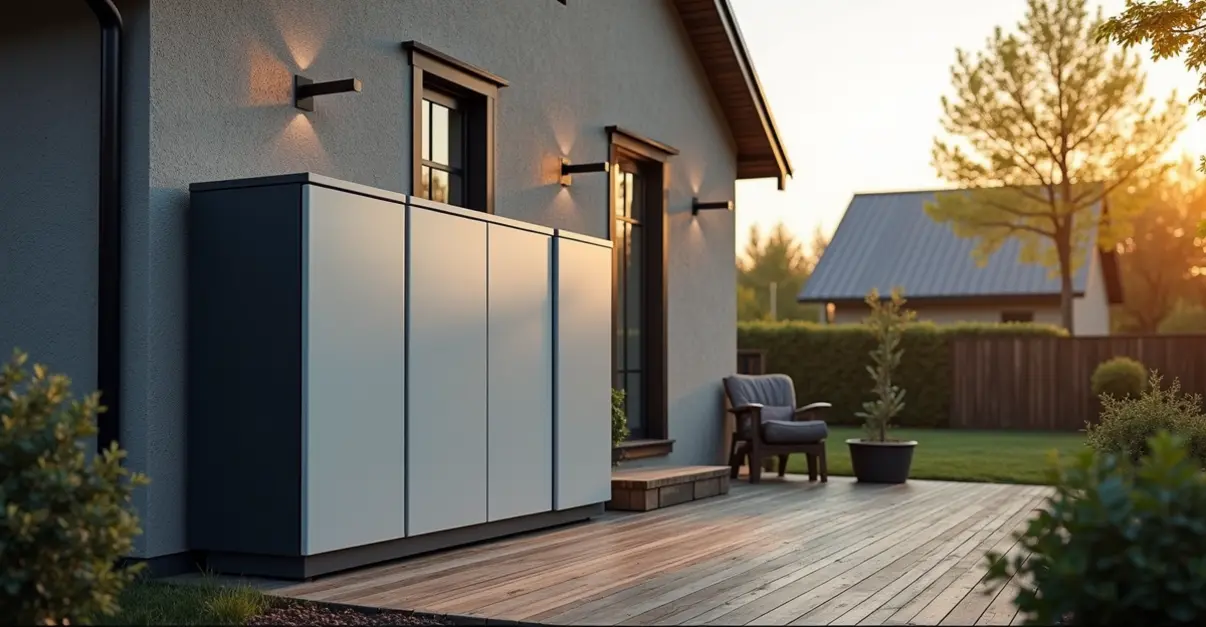
Revolutionizing Home Energy Storage
A new startup has unveiled an innovative home energy storage system designed to make battery technology accessible and affordable for mainstream consumers. The breakthrough comes at a critical time when homeowners are increasingly seeking energy independence and backup power solutions amid rising electricity costs and climate-related grid disruptions.
Breaking Down Cost Barriers
The company's approach focuses on dramatically reducing the upfront costs that have traditionally prevented widespread adoption of home battery systems. 'We're fundamentally changing the economics of home energy storage,' says James O'Connor, the startup's founder. 'By optimizing our manufacturing process and leveraging new battery chemistry, we've achieved a 40% reduction in production costs compared to existing market leaders.'
According to industry analysis from BSTESS, the home energy storage market is projected to reach over 60 GWh by 2025, doubling current capacity. This growth is driven by renewable energy adoption and falling battery costs, with solar-plus-storage integration expected in 40% of new residential solar installations.
Consumer Incentives and Financial Benefits
The timing coincides with significant government incentives that make home energy storage more attractive than ever. The Residential Clean Energy Credit provides homeowners with a 30% tax credit for battery storage installations through 2032, phasing down to 26% in 2033 and 22% in 2034. Additionally, the Federal Tax Credits for Energy Efficiency program offers up to $3,200 in tax credits for energy-efficient home upgrades through December 31, 2025.
'The combination of our affordable pricing and available tax credits means homeowners can achieve payback periods under five years,' explains O'Connor. 'We're seeing customers save 60-80% on their electricity bills while gaining reliable backup power during outages.'
Building a National Installer Network
A key component of the startup's strategy involves building a comprehensive network of certified installers across the country. The company is partnering with training organizations to ensure installers meet the rigorous standards required for NABCEP Energy Storage Installation Professional (ESIP) certification, the industry's gold standard credential.
'Quality installation is critical for both safety and performance,' notes Sarah Chen, the startup's head of installer partnerships. 'We're investing heavily in training programs and certification support to ensure our customers receive the highest quality installation experience.'
The installer network development includes partnerships with established solar installation companies and electrical contractors, creating new job opportunities in the rapidly growing clean energy sector. According to HeatSpring training data, certified energy storage installers report 20-30% higher project bid acceptance rates.
Market Context and Growth Potential
The residential energy storage market is experiencing explosive growth, with Data Insights Market Research projecting expansion from $15 billion in 2025 to approximately $50 billion by 2033, representing a 15% compound annual growth rate. This growth is driven by multiple factors including rising electricity costs, grid reliability concerns, and increased adoption of renewable energy sources.
As ACE Battery analysis indicates, technological trends shaping the market include battery innovations, Virtual Power Plants that optimize grid interactions, and AI-powered smart energy management systems. The startup's system incorporates these advanced features while maintaining consumer-friendly pricing.
Overcoming Adoption Barriers
Despite the clear benefits, several barriers have historically limited home energy storage adoption. High upfront costs, complex installation requirements, and consumer uncertainty about technology reliability have been significant hurdles.
'We've addressed these concerns through our simplified design, comprehensive warranty, and transparent pricing model,' says O'Connor. 'Our goal is to make home energy storage as straightforward as purchasing any other major home appliance.'
The company offers flexible financing options, including lease-to-own arrangements and energy savings agreements that require no upfront investment from homeowners. This approach aligns with the growing trend of Energy Storage as a Service (ESaaS) models that make storage accessible without high initial costs.
Future Outlook
Looking ahead, the startup plans to expand its product line to include integrated solar-plus-storage solutions and vehicle-to-home (V2H) capabilities that allow electric vehicle batteries to power homes during outages. The company is also exploring partnerships with utilities to create virtual power plants that aggregate distributed home batteries to support grid stability.
'We're at the beginning of a massive transformation in how homeowners generate, store, and use electricity,' concludes O'Connor. 'Our affordable home energy storage system represents a significant step toward democratizing access to clean, reliable power for all households.'

 Nederlands
Nederlands
 English
English
 Deutsch
Deutsch
 Français
Français
 Español
Español
 Português
Português




